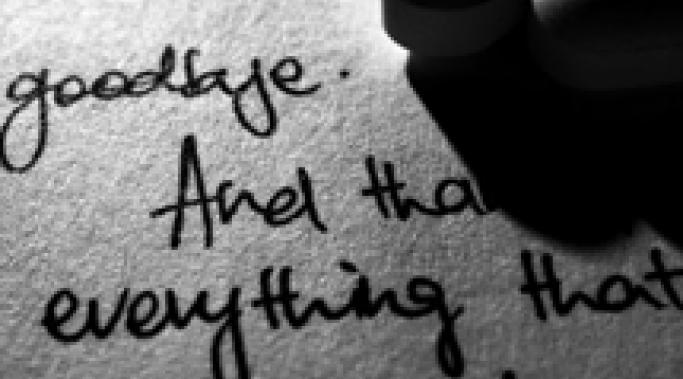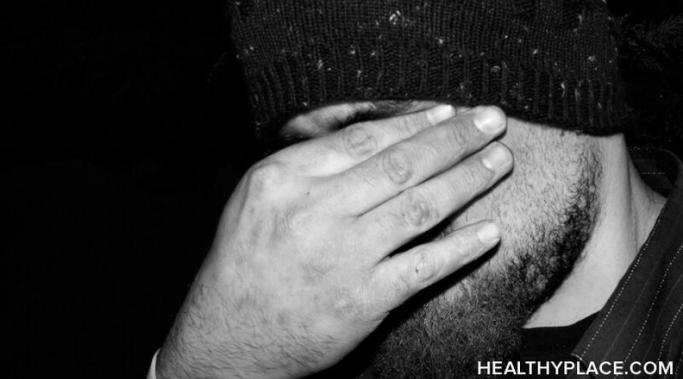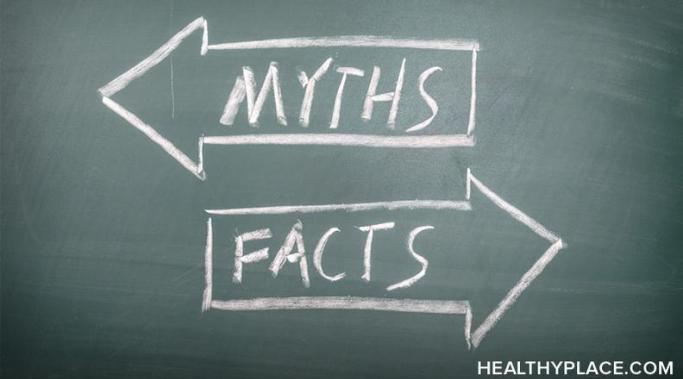Recently I was Googling something and the phrase, "how to overdose without dying" appeared. I was surprised and concerned--how bad of a place does one have to be in to Google that, and why is it common enough to appear as a search term? This made me think of other red flag searches. When we are not aware of how bad off we are, searches like, "how to overdose without dying" can alert us to danger (Suicide Hotline Phone Numbers). Here are some phrases that should cause you to check your mental health if you find yourself or a loved one typing them--and some words of encouragement from someone who has actually Googled, "how to kill yourself" and gotten annoyed that it led to anti-suicide pages.
Suicide - Recovering from Mental Illness
There are three things suicidal people don't know about suicide. I recently buried yet another friend lost to suicide--this is the fourth person I've personally known who died by suicide. Having been driven to that point, I realize there are three things suicidal people don't know about suicide. They may seem cliche, but they are true--and forgotten by suicidal people who are in unbearable pain. I share these in hopes that anyone reading this who feels suicidal may realize there is always more to the situation than there appears.
There are three things those affected by suicide should know. When someone makes that heart-rending painful final decision to end his/her life, those left behind suffer from horrific grief and loss. Guilt is common, as is depression, anger, and denial. In order to help with that pain, here are three things those affected by suicide should know.
Do you need help finding a reason to live if you have a mental illness? For a long time I did. In spite of having a good treatment team, I just couldn't snap out of my depressive funks. I was frequently suicidal. Then I found my reason to live. Finding a reason to live when you have a mental illness can be just as vital to your treatment as finding the right medication and finding the right therapist.
There are many mental health myths such as mental illness only affects a few people or mental illness is caused by personal weakness. However, some mental health myths, especially myths surrounding suicide, can be particularly dangerous.
The past week has been quite an emotional one for many, especially many in the mental health community. The death of beloved actor Robin Williams by suicide on August 11, has shaken our community to the core.
Why? What is it about Williams and his manner of death that touched so many of us? Many of us understand depression. We get being suicidal. We understand what it’s like when our kids or grandkids ask us to play and we must say, “No, I’m sorry honey. I just don’t feel up to it right now.”
That terrible mix of guilt and fear, blended with the self-loathing because we feel like we have no energy, yet refuse to stop beating ourselves up over the very depression that is making us feel that way.





